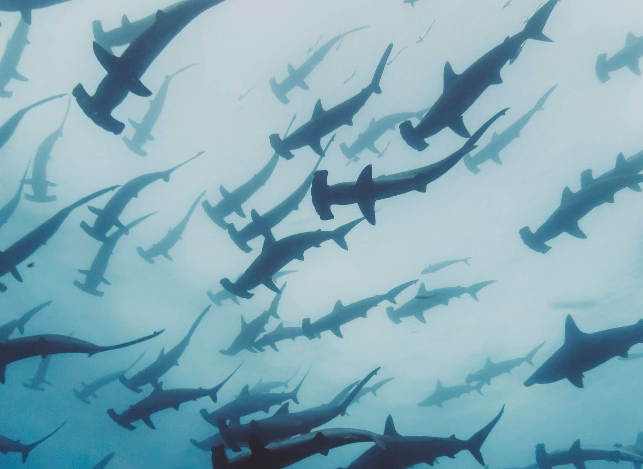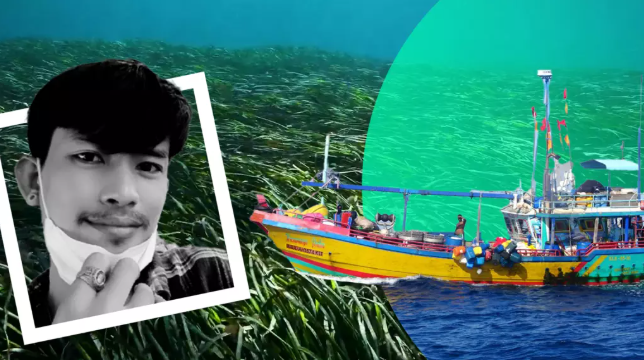The shark species affected by this measure include the bigeye thresher, oceanic whitetip, shortfin mako, hammerhead, and silky sharks. Some species are particularly threatened: 80% of the global hammerhead shark population has been decimated. The Mexican government has implemented new protection measures for several Atlantic shark species, in accordance with international agreements that came into force several years ago.
Under Mexico’s new policy, Mexican tuna vessels that accidentally catch sharks in the Gulf of Mexico, the Caribbean Sea, or the area supervised by the International Commission for the Conservation of Atlantic Tunas (ICCAT) are no longer permitted to keep them on board, store them, or land them.
« While long-awaited, Mexico’s new shark protection measures could significantly bolster international conservation efforts for some of the Atlantic’s most threatened species, » said Sonja Fordham, President of Shark Advocates International.
Sharks must be released in the best possible conditions to optimize their chances of survival. The shark species affected by this measure include the bigeye thresher, oceanic whitetip, shortfin mako, hammerhead, and silky sharks. Some species are particularly threatened: 80% of the global hammerhead shark population has been decimated.
« Anyone failing to comply with these provisions will be subject to the sanctions provided for by the General Law on Sustainable Fisheries and Aquaculture and other applicable legal provisions, » stated the Mexican National Aquaculture and Fisheries Commission (CONAPESCA), specifying that the Ministry of Agriculture and Rural Development and the Mexican Navy would support law enforcement.
« Beyond reducing fishing pressure, these new bans can encourage other countries to follow this example and fulfill their various urgent conventional obligations regarding sharks, » hopes Sonja Fordham, President of Shark Advocates International.
These shark protection measures were approved by ICCAT between 2009 and 2021. However, the Mexican government was slow to incorporate these changes into its fishing regulations.
« Most of the shark species targeted by Mexico’s new capture bans – including the critically endangered oceanic whitetip and the exceptionally vulnerable bigeye thresher – were already under ICCAT protection over ten years ago, » said Ali Hood, Director of Conservation at Shark Trust, in a statement.
Importantly, this new regulation omits certain important species, such as manta rays (genus Mobula) and whale sharks (Rhincodon typus), whose protection is also recommended by ICCAT.
Furthermore, this new measure only applies to « large longline vessels, » without specifying what it defines as « large. » Conversely, ICCAT recommendations apply to all vessels targeting tuna-like species, including purse seiners and gillnetters.
For marine biologists, « We absolutely must accelerate the pace and prioritize the implementation of these essential protection measures. »
Informing oneself with independent and free media is a necessary guarantee for a democratic society. We offer you daily open-access articles because we believe that information should be free for everyone. If you wish to support us, the sale of our books funds our freedom.
Source: lareleveetlapeste




